Virtual Presentations for Groups
Delve into Chicago history from wherever you are!
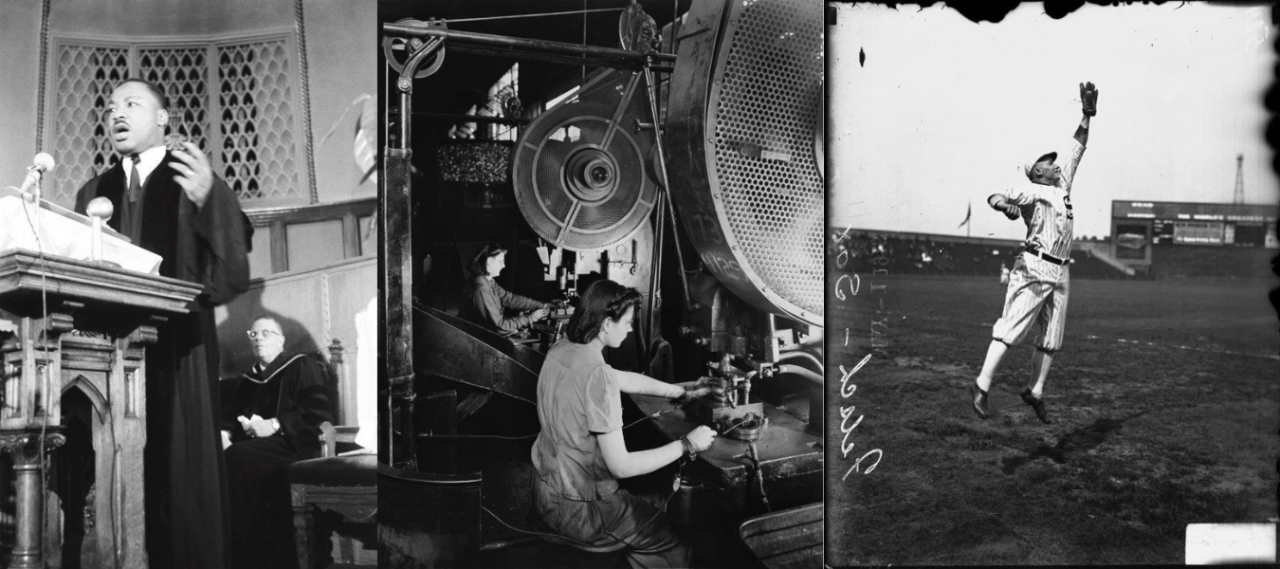
Our new exclusive lectures can be enjoyed from the comfort of your home, your virtual office, or incorporated into your next virtual event.
Through the use of technology, we’re telling stories about the city’s past in compelling and innovative ways to an even broader audience. Chicago History Museum curatorial staff will take you through some of Chicago’s defining moments in history through the lens of its tragedies, triumphs, social justice, and diverse populations. These private sessions include a 30-minute lecture by one of our experts followed by a Q&A.
THE EXPERTS & THEIR TOPICS

In her work, Rebekah explores connections between religious identity and our historic landscape. She has written and presented on how belief and spirituality remain a fundamental framework for understanding our world today. Rebekah has a wealth of knowledge in collections acquisition and research and has curated exhibitions, including the Religion, Art and Technology Lab’s digital series Tangible/Intangible.
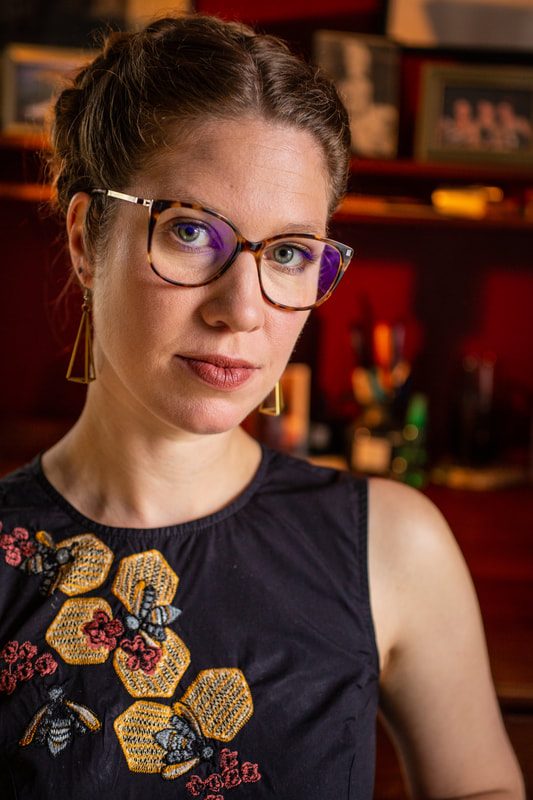
Gonzales is currently focused on curating Aquí en Chicago, which will open at the Chicago History Museum in Fall 2025. The exhibition tells the story of 100+ years of resistance to white supremacy and colonialism by Latino/a/e communities. It is part of a larger effort to appropriately connect the Museum with this third of Chicago. Beyond Aquí en Chicago, Gonzales’s research addresses environmental justice, racial injustice, and the intersection of these concerns with the world of museums.
Rebekah and Elena's Topic
NEW in 2025! Accelerate Action: Women in Chicago History

In his role as the chief historian, Peter T. Alter works on exhibitions and online projects and teaches in DePaul University’s public history program. As the director of the Studs Terkel Center for Oral History, he develops new Museum oral history projects.
Peter's Topics
Working in Chicago
They Came to Chicago
The Black Sox and Chicago Baseball
Naming Chicago Neighborhoods
What’s Behind the Stars?
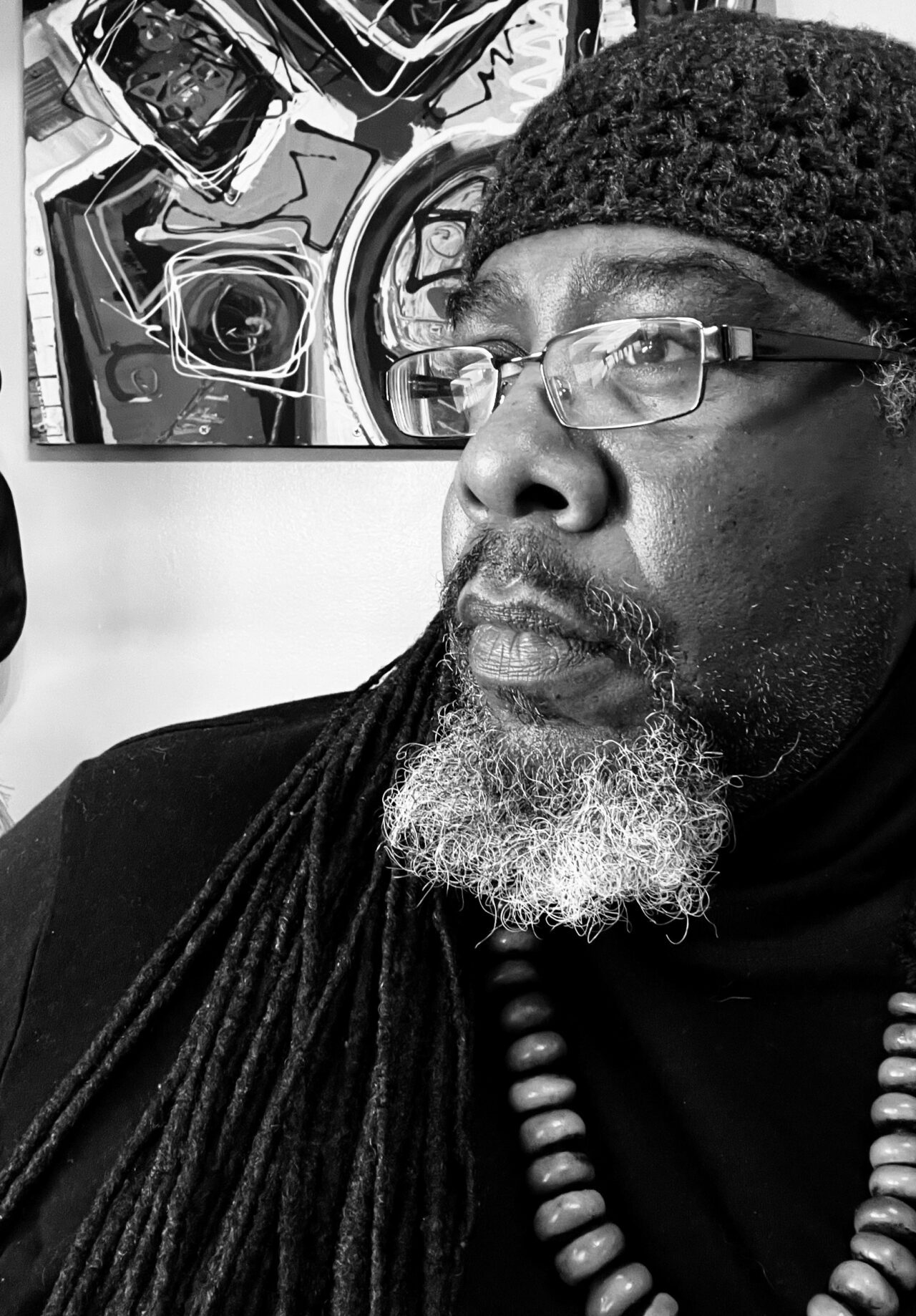
Charles E. Bethea has worked in museums for more than 25 years in several positions, including education, curatorial, and administration. At CHM, Bethea is responsible for overseeing all curatorial activities, providing an overall curatorial vision and direction, and prioritizing all work in the department. In addition, he provides direction for the Museum’s collecting agenda, including new acquisitions and deaccessions and the development of new exhibitions.
Charles's Topics
Citizen Soldier: African Americans in Times of War
A King in the Promised Land: Remembering Dr. King Jr. in Chicago
Juneteenth
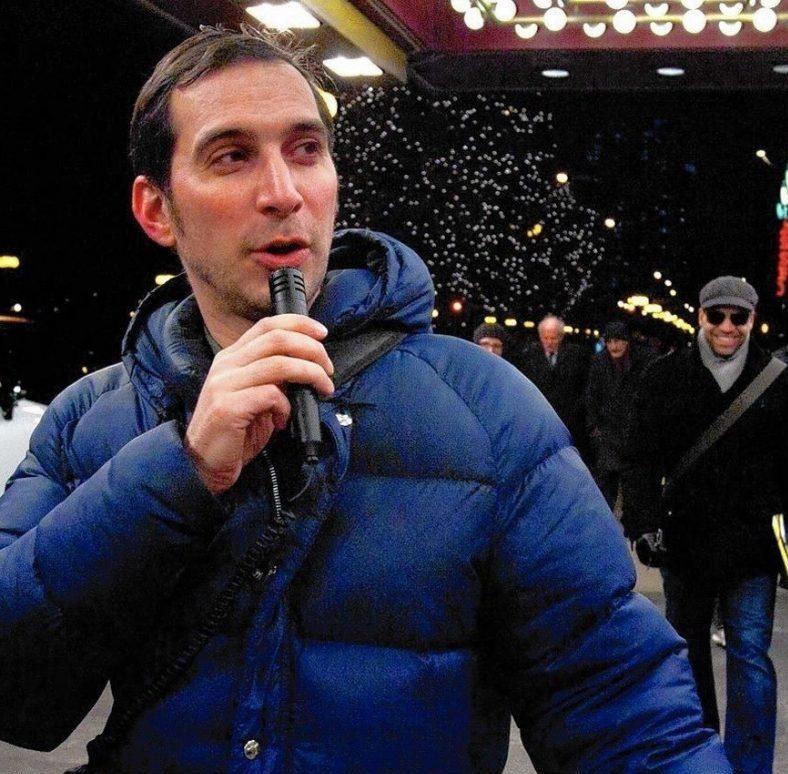
Paul Durica oversees the planning, development, and production of exhibitions at the Museum. His involvement with CHM goes back over a decade. He was co-curator on the "Chicago Authored" exhibition and has created many different tours and public programs for the Museum. While still a graduate student, Durica launched a series of free, interactive walking tours, lectures, and reenactments that engaged Chicago’s past.
Paul's Topics
Crime of the Century: Leopold, Loeb, and the Murder of Bobby Franks
Working the World’s Columbian Exposition
Century of Progress: Chicago’s Forgotten World’s Fair
Prohibition: Thirteen Years of Scofflaws
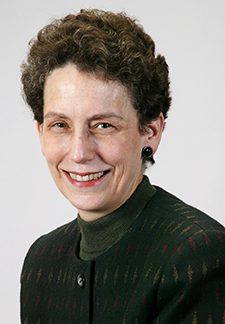
Olivia Mahoney served for nearly four decades as a curator at the Chicago History Museum. She has written extensively on Chicago history and curated numerous exhibitions including "Chicago: Crossroads of America" and "Modern by Design: Chicago Streamlines America," the precursor exhibition to "Designing for Change." Since 2019, Mahoney has been a freelance curator/researcher for the Museum of Science & Industry, the Obama Presidential Center Museum, and the Chicago History Museum.
Olivia's Topic
Designing for Change: Chicago Protest Art of the 1960s–70s
For More Information and Group Pricing
- EMAIL grouptours@chicagohistory.org
- CALL (312) 799-2162
- SIGN UP chicagohistory.org/grouptours
Please send in your request at least four weeks before the desired session date in order to ensure availability.